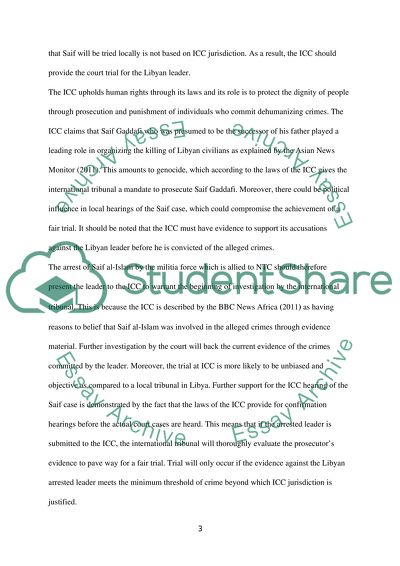Cite this document
(“Addressing Libya's Past Injustices Essay Example | Topics and Well Written Essays - 1500 words”, n.d.)
Retrieved from https://studentshare.org/law/1392893-homework
Retrieved from https://studentshare.org/law/1392893-homework
(Addressing Libya'S Past Injustices Essay Example | Topics and Well Written Essays - 1500 Words)
https://studentshare.org/law/1392893-homework.
https://studentshare.org/law/1392893-homework.
“Addressing Libya'S Past Injustices Essay Example | Topics and Well Written Essays - 1500 Words”, n.d. https://studentshare.org/law/1392893-homework.


